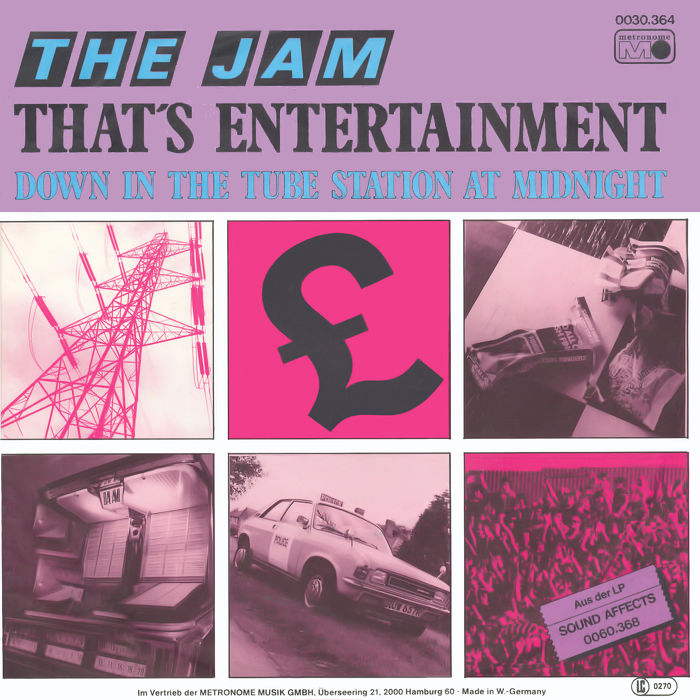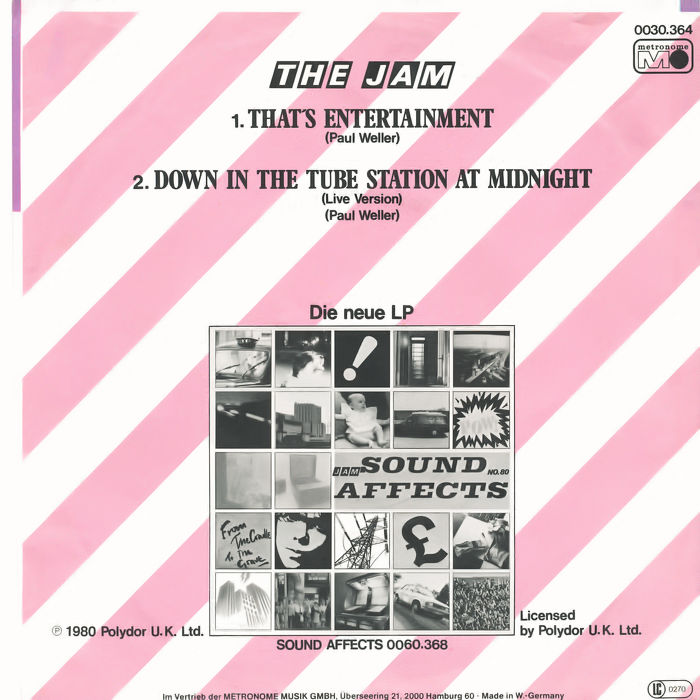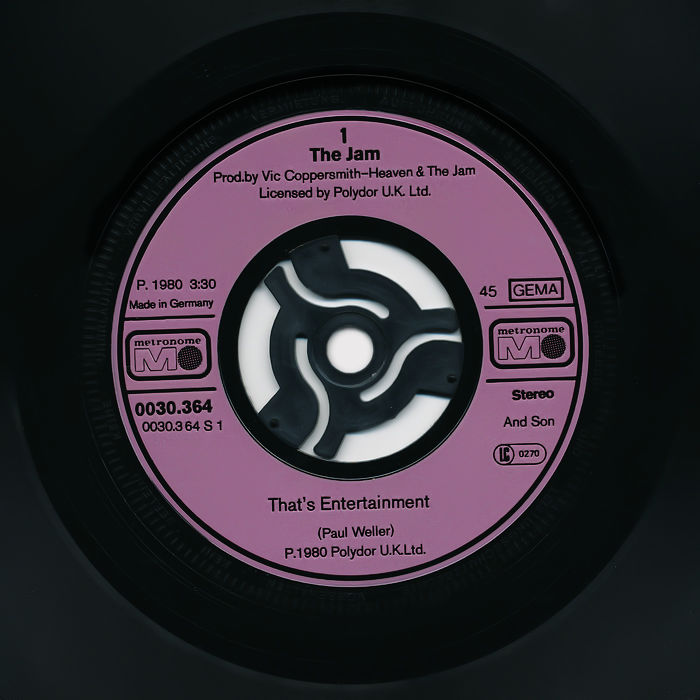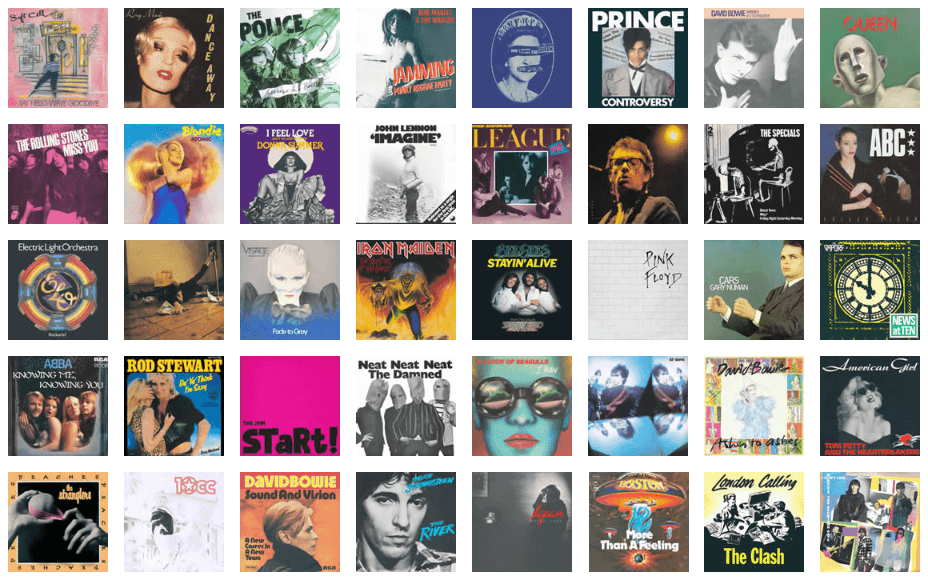The Story Behind The Song
The glitz and glamour of Hollywood during its golden age: the escapism of the bright lights, the colourful sets and the beautiful stars. Such sentiments are reflected in the lyrics of That's Entertainment by Howard Dietz, which has become associated with the magic of the movies: "A clown with his pants falling down Or the dance that's a dream of romance Or the scene where the villain is mean. That's entertainment!"
The reality of urban England during the early 1980s: the grinding poverty, the social decay and the blight of crime. A little intoxicated, Paul Weller returns to his Pimlico flat in London and writes a song about the lives of the working class in just 10 minutes: "A pneumatic drill and ripped up concrete A baby wailing and stray dog howling The screech of brakes and lamp light blinking That's entertainment That's entertainment."
The contrast could not be greater, the sarcasm no darker. Weller's inspiration was drawn from a poem by Paul Drew, who used the ironic title to highlight the realities of working class life. Drew submitted his poem to Riot Stories, a publishing company Weller had set up. "It wasn't close to my song," the songwriter later explained, "but it kind of inspired me to write it. I wrote to him saying, Look is it all right if I nick a bit of your idea, man? And he said, it's fine, yeah."
Several demos of That’s Entertainment were recorded but the final version was a paired-back arrangement. It is largely acoustic with light percussion, again contrasting with the full-bodied orchestral sound of its Hollywood sibling, while a wailing, reversed guitar in the final verse seems to musically echo the song's message.
Not long after That's Entertainment charted, Weller gave an interview to Smash Hits magazine in which he cited his greatest influences as The Beatles and The Sex Pistols. "However cliched this may sound, it was punk that changed my ideas a lot. Well, totally." He also provided his thoughts on the music scene at the time. "There's some good music coming through," he remarked. "I'm glad there's a lot of different styles as well. If you're going to talk about pop groups as such then if it's going to be anyone, I think it should be Adam And The Ants who at least have got a bit of style and do it with a bit of class."
Never released as a UK single, That's Entertainment was imported in such volumes from Germany that it made No. 21 in the official chart and it remains the biggest selling imported single. In an era of the streamed song, this feat is anachronistic but The Golden Years is the age of vinyl, record decks and smoky record shops. That's Entertainment is generally regarded as the standout track from the album Sound Affects. The album sleeve design was borrowed from a BBC sound effects LP that Weller found in a recording studio. The boxed images were simply replaced by ones relevant to the Jam album, and many are found in the lyrics to That's Entertainment: police car, stray dog, phone booth, graffiti and taxi cab. And instead of the usual The Jam moniker, there is a pastiche of the BBC logo. The cover for the single is simply a smaller version of the album.
That's Entertainment was the last of seven consecutive singles of exceptional quality that began with Down In The Tube Station At Midnight nearly three years before; a remarkable achievement unmatched during The Golden Years (1977 - 1985).
We hereby instate That's Entertainment by The Jam on The Wall as No.11 Best Single of 1981
Angry, sarcastic and, unusually for The Jam, acoustic. Weller's expose of the realities of life for the working classes in 80's Britain is rightfully regarded as one of his best ever songs.Dave B




